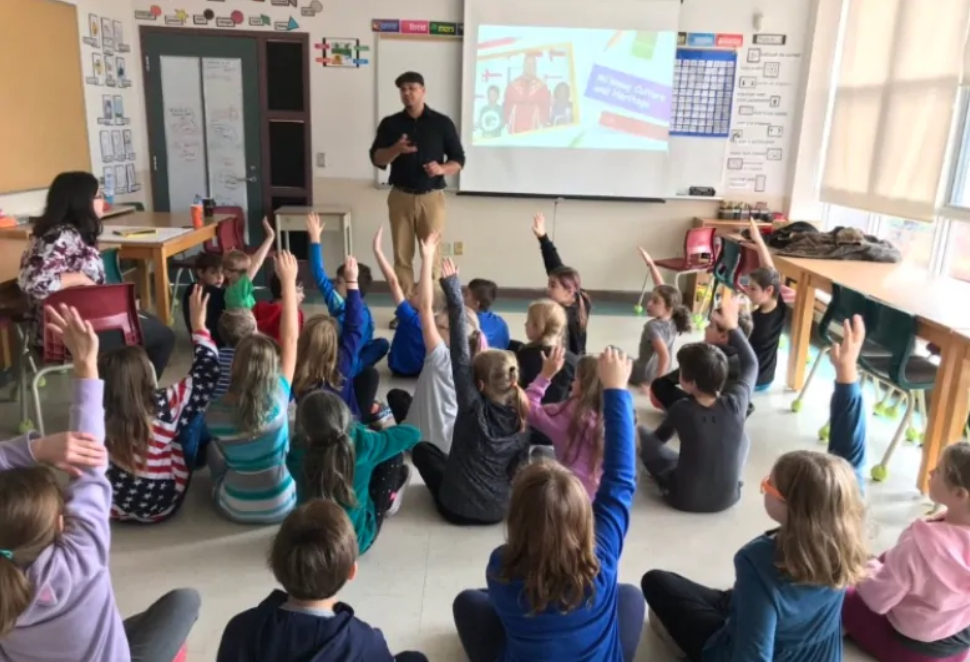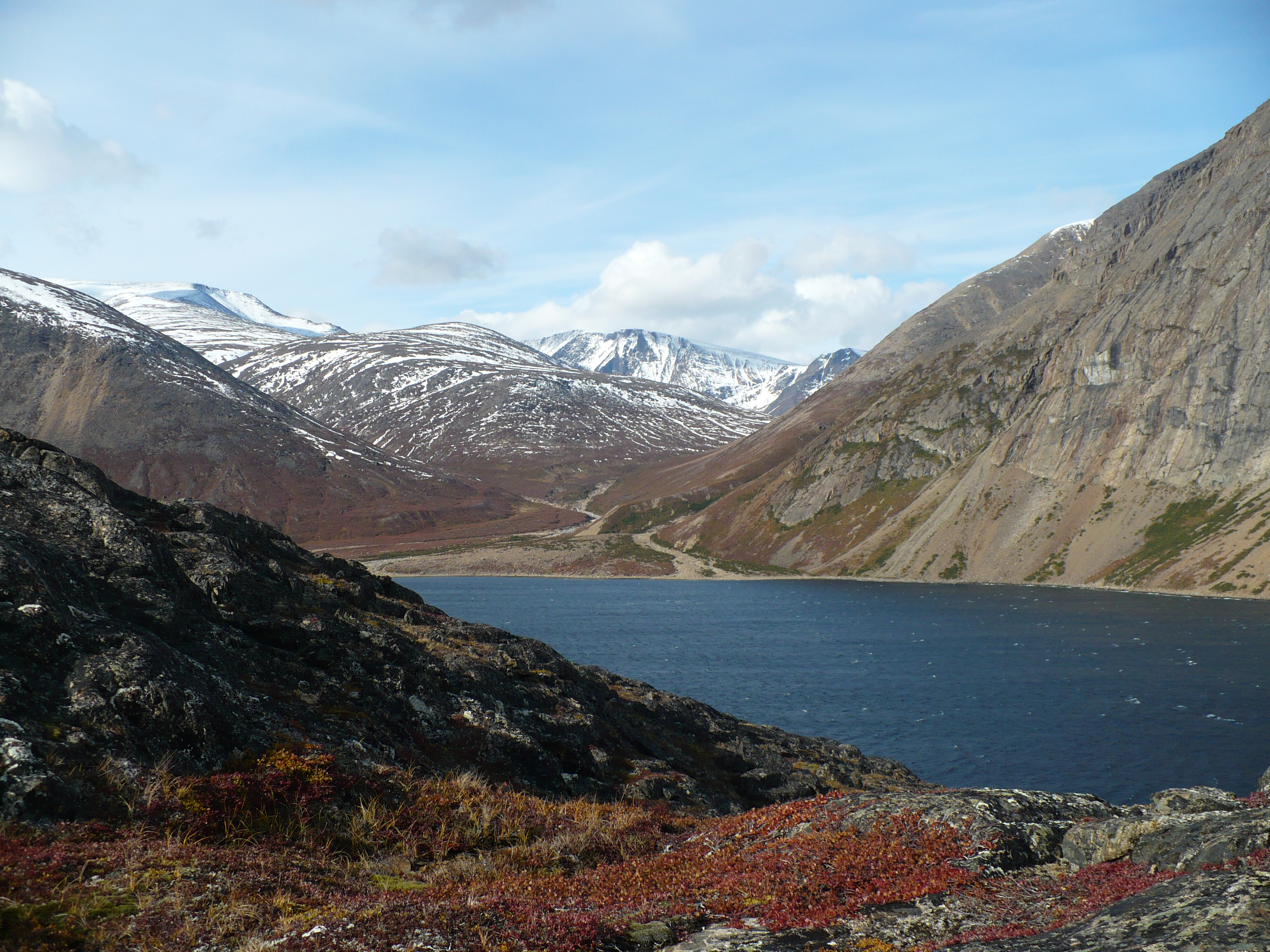My area of research is within the sociology of education, specifically Indigenous education in Canada. My master’s thesis explores institutional arrangements of the Nova Scotia Department of Education and curriculum for public high schools in Nova Scotia, asking how Indigenous histories and voices are acknowledged and honoured, and more specifically, what is being done to incorporate and maintain Treaty education. It also involves finding solutions to decolonizing the social studies curriculum in Nova Scotia through the voices of curriculum developers and teachers.
According to Christine Martineau in her dissertation, Digging Up the Roots of Educational Policy: Curriculum Infusion and Aboriginal Student Identity Development (Martineau 2018), the function of Canadian provincial schools is to reproduce Canadian society, which helps them reinforce a core belief that contributed to the structure of Residential schools and the modern education system: the belief that first peoples are inferior and that the land they claimed upon arrival is their own (Martineau 2018). In terms of modern institutions, Martineau notes that according to The Coalition for the Advancement of Aboriginal Studies (CAAS), “[… the absence of aboriginal worldviews in classrooms is a major factor in the racism and discrimination that Aboriginal peoples currently face in Canadian society and its institutions.” (Martineau 2018:21) In order to eliminate this discrimination and racism within educational institutions, CAAS and Martineau believe that the knowledges and experiences of Indigenous peoples need to be presented (Martineau 2018).
My inspiration to do this project stemmed from my own experiences with the education system in Nova Scotia and was encouraged by the professors in the department of sociology, as well as the encouraging environment they produced. I attended a rural high school before attending Acadia for my undergrad, and it wasn’t until I took “Introduction to Social Problems” in Sociology that I began to really think about the history of colonialism in Canada and the lack of education we received on the subject in high school. Although it was touched on briefly in Social Studies, and students were given a choice to take Mi’kmaw Studies 11, I do not remember learning a significant amount; and I found, when I sparked the conversation with friends, that many of us did not remember what we learned about colonialism and Mi’kmaw culture and histories. These histories, cultures, and ways of knowing are things that we should remember; we should be able to take something away from the education, whether we are Indigenous or non-Indigenous students. For Indigenous students, having their ways of knowing, histories, cultures, and languages taught and respected in schools helps them build self-identity and feelings of belonging and representation. For non-Indigenous students, it helps us recognize that there is more to the history of our country than what the Western institutions present to us, and in fact, the history of this land began long before Europeans arrived. Finally, it also helps students connect and respect the varying backgrounds and ways of life, and helps them learn and build bonds outside of the classroom.
My aim is to (a) present the importance of Treaty education within Nova Scotia’s public K-12 schools; (b) inform the process of providing students access to a quality and equitable education regardless of social location (i.e. education that is representative and considerate of their varying cultures, values, and social classes); and (c) to work towards building an inclusive curriculum – in other words, a curriculum that aims to provide educational access and successful participation for all students, in acknowledgement of multiple, valid ways of knowing, being, and learning – keeping in mind the importance of Indigenous voices and studies in the K-12 school curriculum.





